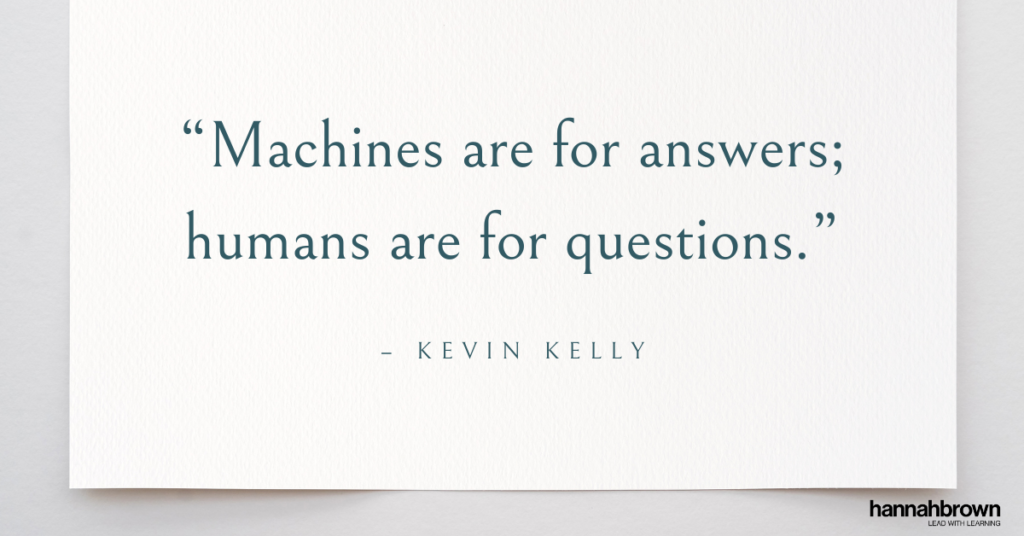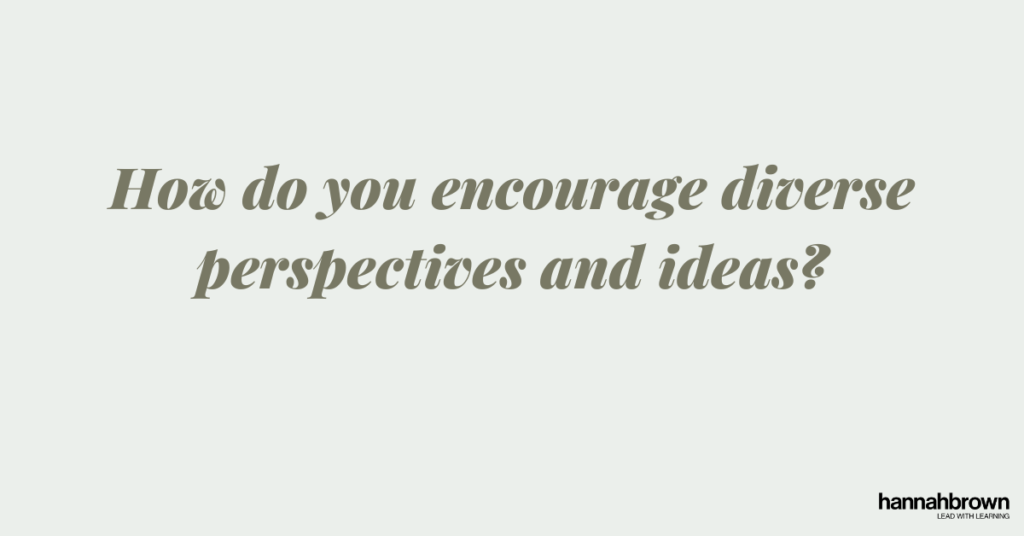Create psychological safety on your team

If we’ve met in person, you would probably know that I have a fairly loud voice. This served me well when I was a teenager and teaching swimming lessons. I could holler across the pool, and the little swimmers could easily hear me. It didn’t serve me so well when I was in elementary school. I decided to join the Glee Club sometime between grades two and five. I went to a really old school that didn’t have a gym with a stage for concerts. Instead, my school had this big staircase that came down to a central hallway. We would line up on the steps to create a choir. I can remember during practice singing away to my heart’s content. The teacher, whose name I still remember but won’t share so she can remain anonymous, came up to me and suggested that I sing in my whisper voice. I was absolutely crushed. To this day, I do not sing in public – actually, I don’t really sing at all. The message I received was that she didn’t want to hear what I had to say – I didn’t have a voice.
I share this experience of me as a little girl because, as an adult now, it makes me think of vulnerability and psychological safety. We didn’t have the term back then, but it was still very much a thing. As leaders, it’s so important to be aware of the words you use and the impact they can have. Leaders need to be conscious of creating a safe space for employees to have a voice so they can feel like can find the courage and they can speak up, even if they’re loud and a little bit off-key. I don’t think my teacher knew how her words impacted me. I didn’t have the courage to speak up to say something.
As a leader, how do you create a safe place for employees on your team? Where might you be like my teacher and, unknowingly, create a space where your employees feel shut down or like they can’t speak up?
Humans are better than machines.

There’s so much chatter (and nervousness) about AI and how it might take our jobs. I thought this was a great quote to remind us that we are not replaceable.
I attended a panel discussion at the University of Waterloo on the impact of AI on the future of work1. The panellists said AI would automate routine, repetitive tasks, allowing employees to focus on higher-order cognitive skills, such as analysis. Hiring and developing employees will focus more on skill sets than pre-defined roles. For example, instead of hiring a ’Prompt Engineer,’ leaders will focus on hiring an employee with ’prompt engineering skills.’
Prompts are a truncated form of questions, to be sure, and there’s a skill in having a ‘conversation’ with a LLM like ChatGPT. Beyond prompts, though, there’s also the skill of asking questions that inspire curiosity and growth in others.
As leaders, it’s so easy to get caught up in providing answers and solutions when our people ask us for help.
Where are the opportunities to ask questions instead of jump to advice to deepen their understanding and help their learning?
Leaders to role model curiosity, empathy and learning.

I live in Canada and am a Canadian citizen. There’s a saying here that whenever America sneezes, we catch a cold. (Perhaps other countries, too!) Needless to say, we are interested in the politics unfolding in the US. In talking with my friends and colleagues who are south of the border from me, I hear how polarized opinions are in the United States. Against that backdrop, how can we, as leaders, encourage diversity of thought and ideas on our teams?
Leaders need to role model curiosity, empathy, and openness to learning new things, including ideas and perspectives. By developing a learning mindset, they create a culture of learning on their teams.
[This question is from my deck of Conversation Cards. Leaders can use them in meetings to spark conversation and embed learning in their teams. They’ll be available in October 2024. Message me to find out more or receive a deck.]
1 The Talent Evolution Series: The impact of AI on the future of work, University of Waterloo, 2023.10.24 (link)
In case you missed it
I’ve shared some additional posts online. Here they are, in case you missed them.
- Leader effectiveness and turnover (video link)
- The benefits of career pathing in a Team Culture of Learning (video link)
- Change as a Tornado (video link)
- The Fallacy of the Hero Identity (video link)
